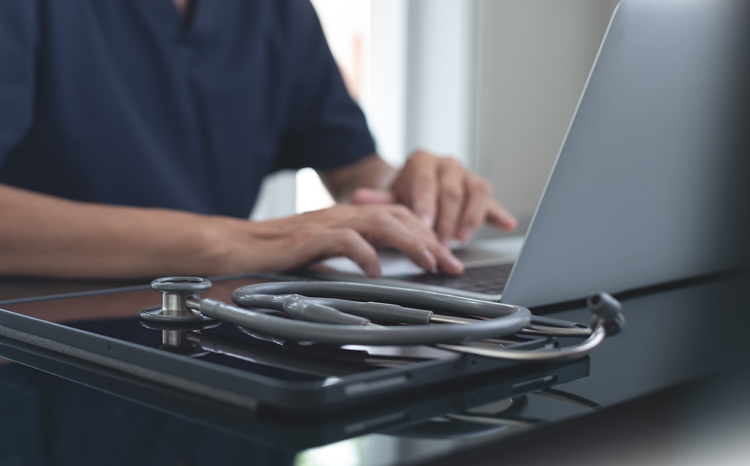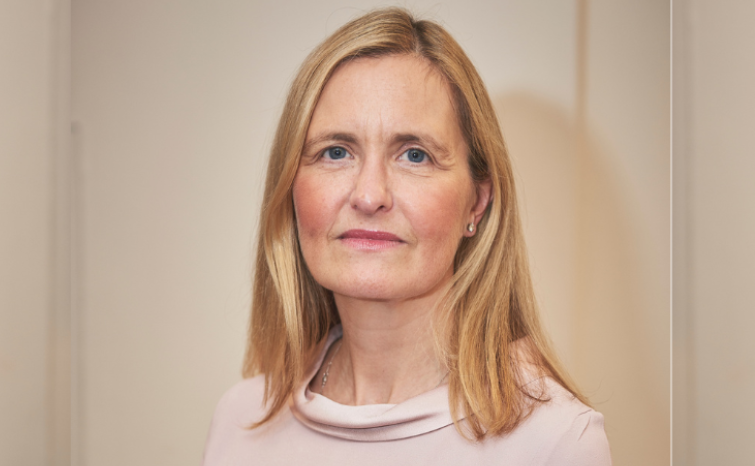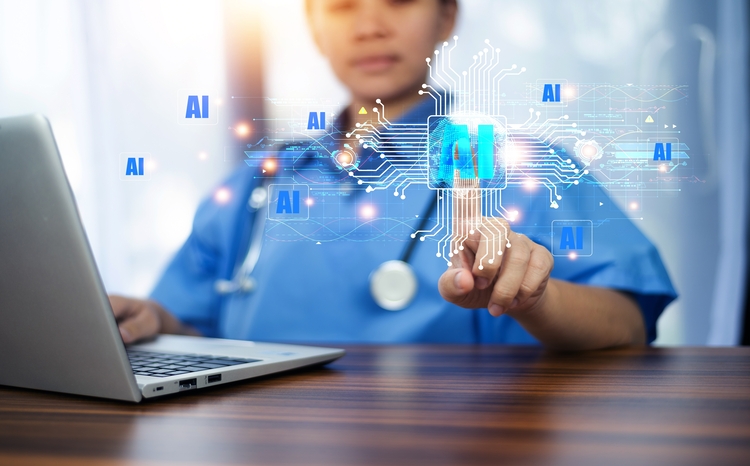Is tech changing what it means to be a ‘good’ doctor?
- 10 September 2024

A conversation with a trainee has consultant paediatrician Martin Farrier questioning whether traditional medical strengths are losing their value
“Let’s talk about your strengths,” I say.
It’s a bit of a cliché, but it’s much nicer than talking about weaknesses. I am with one of my trainees. I already know what I think are his strengths. He is a very efficient doctor. I like him being on my ward rounds. He accesses information well and helps ensure ward rounds go smoothly. He also completes tasks well. I think he is a good doctor.
His reply surprises me.
“I type quickly,” he says.
I know this is true. He uses computers well and types quickly. Having worked in our organisation for two years, he has very accomplished IT skills. He knows the systems and rapidly orders tests, checks results, and finds information. But his response makes me start to reassess why I think he is a good doctor. Could the efficiency that I so much appreciate come down to the fact that he uses computers well and types quickly and accurately? I had thought this to be merely a reflection of his competency as a doctor but now I’m less certain.
“What about your relationship with families and colleagues?” I ask. This is more solid territory and I’m confident of how the conversation will go. He is quiet at work, but always contributes and families seem to relate to him well.
Feeling valued
He tells me that he “feels valued”. He explains that the team find his IT skills helpful, and families value his ability to provide accurate information. He regularly provides them with website links, and he produces excellent discharge letters.
I was so confident that he is a good doctor, but now I’m beginning to wonder. My definition of a good doctor would have included something about empathy and (face-to-face) communication. It might also have included something about a knowledge base.
I could ask him about his knowledge base, but I feel that I already know the answer. He is very good at finding information. It takes him almost no time to find and assimilate the information he needs about a subject. I have seen him do it. A recent scan showed a gall bladder polyp, which is not common in children. By the time we went to see the patient on the ward round he already had extensive data about the frequency and long-term outcomes for gall bladder polyps. They apparently have a 1% malignancy rate.
I tell him how good he has been and wish him well for his next job. He leaves me questioning myself and my belief about what it means to be a good doctor.
Has technology changed the skills we need to be a good doctor, or is augmentation [by technology] now an essential feature of a good doctor?
Empathy by email
There can be little doubt that technology has augmented my own ability. Once I used to pride myself on my knowledge of genetic conditions, which are important in my work as a paediatrician. At one time genetic conditions were numbered in their hundreds; now they are in tens of thousands. I don’t try to remember any of them. I just look them up and paste the OMIM data into the patients notes.
But technology has also changed my practice. These days my clinics are mostly new patients. Much of the follow up work is done by email. When I meet patients in clinic we agree on tests and parents email me for results. We agree on next steps and only then plan further appointments if needed. It is very different from how I worked 20 years ago.
Could it be that my ability to write an empathetic email is now as important as my face-to-face communication skills? I’m worried that I might have lost sight of what I thought represented a good doctor.
I try examining the issue the other way round: if I had no tech skills and relied only on the skills that I had when I qualified, would I be a good doctor? The answer to that version of the question is a resounding no. I have changed and adapted. I am augmented by technology. I am more effective than I was. Despite that I remain human. My young patients still draw pictures of me.
An email arrives. It’s from a mum who I know well. Her daughter has a major cardiac problem and has just been through surgery. She emailed simply to update me. There is no request – she doesn’t want anything from me. She merely values me enough to want to tell me how things went. I rapidly type a response.






